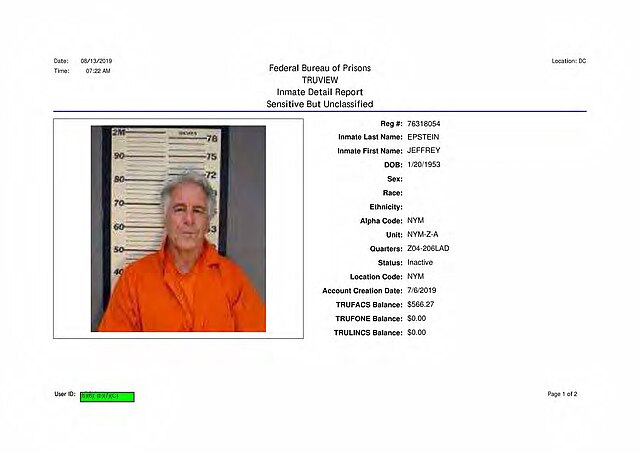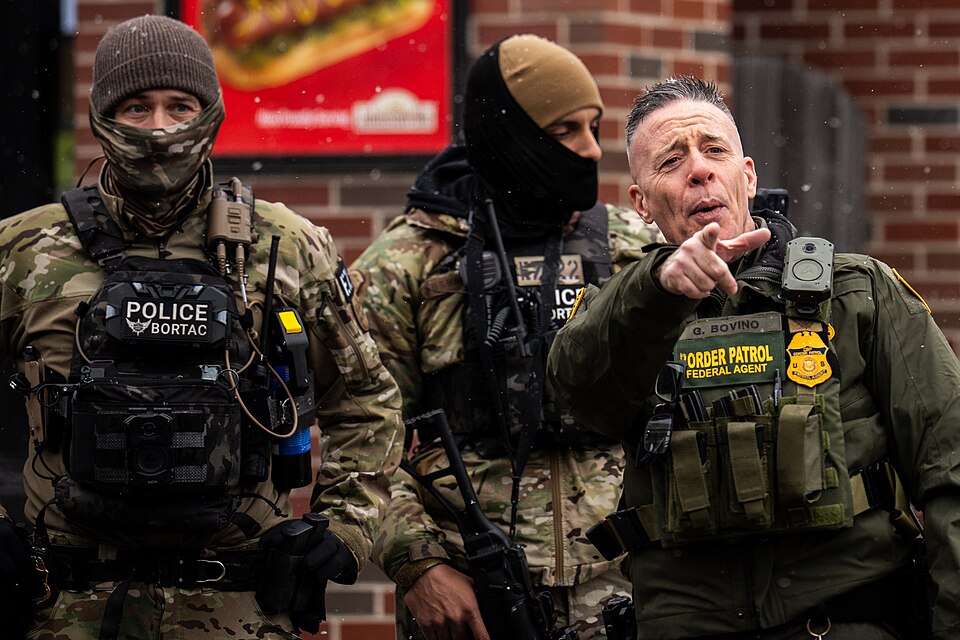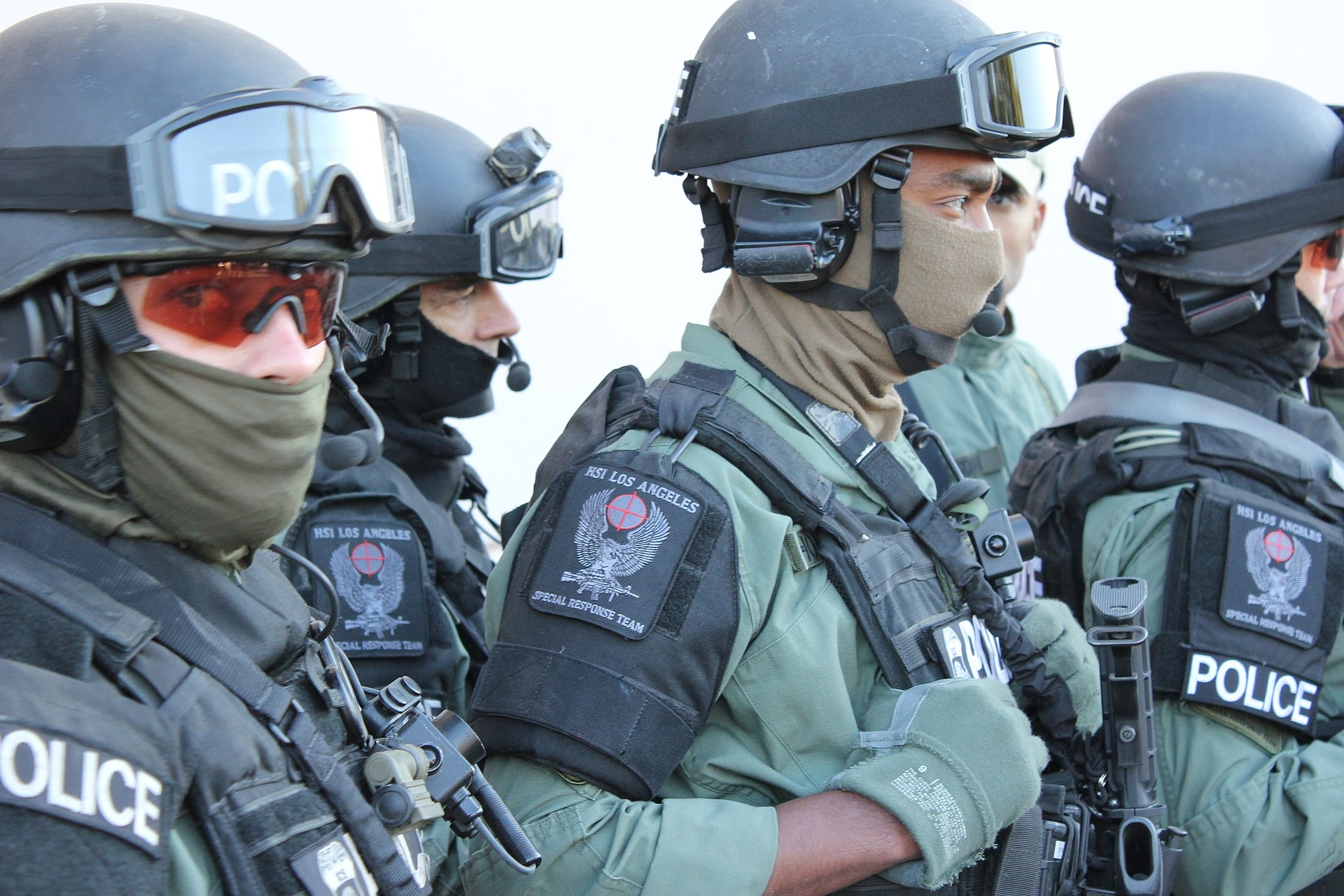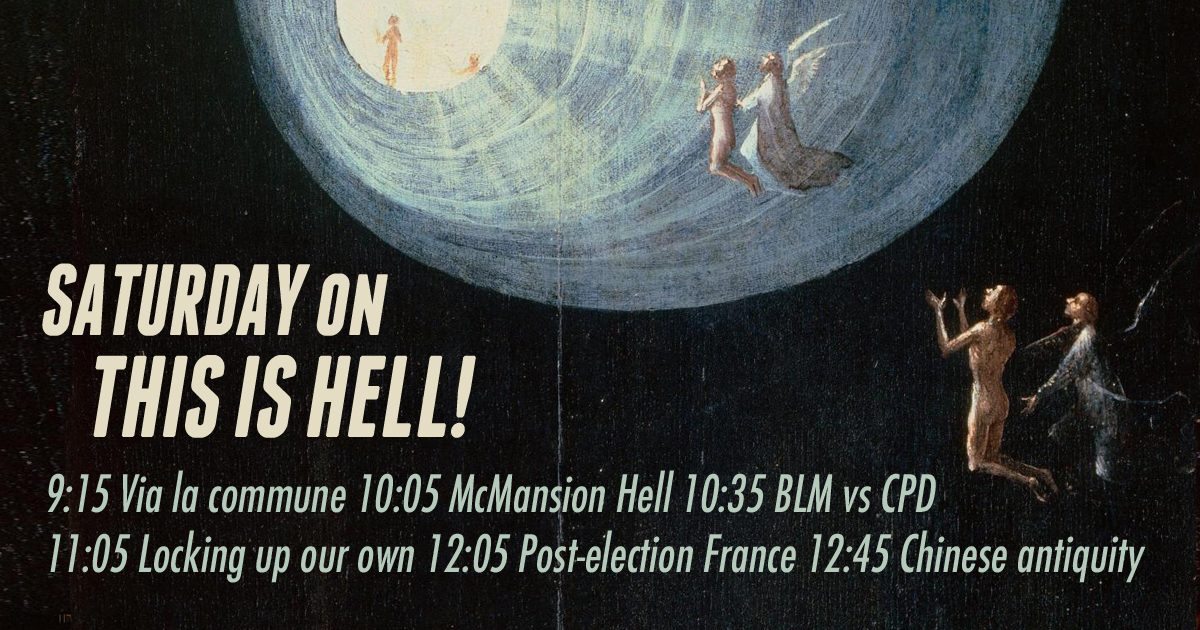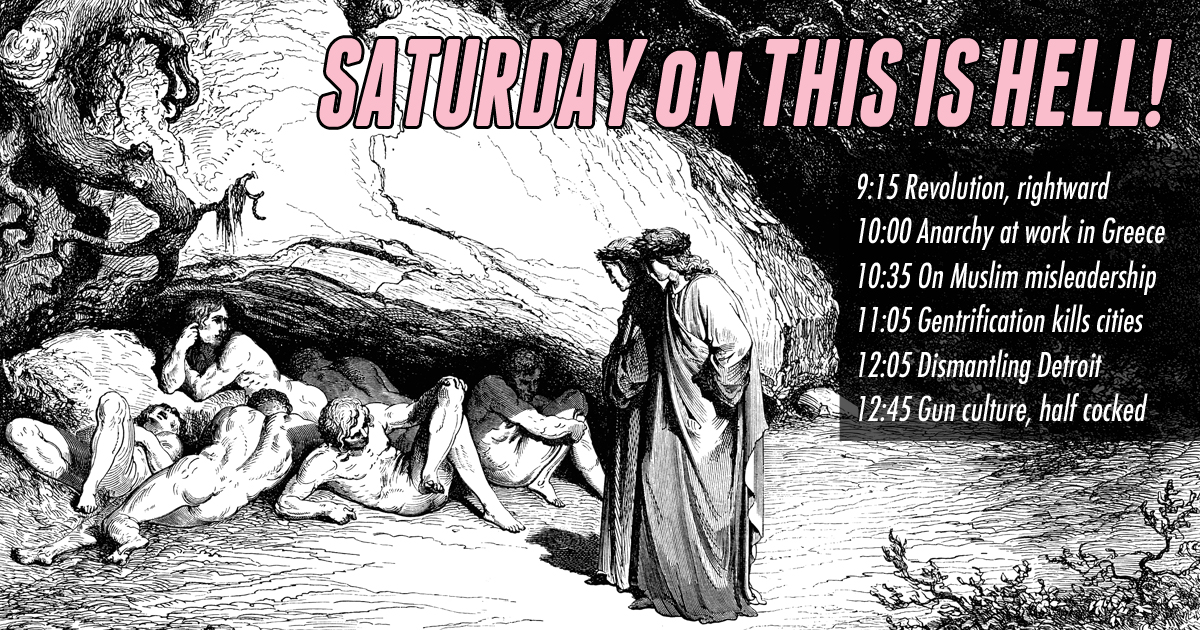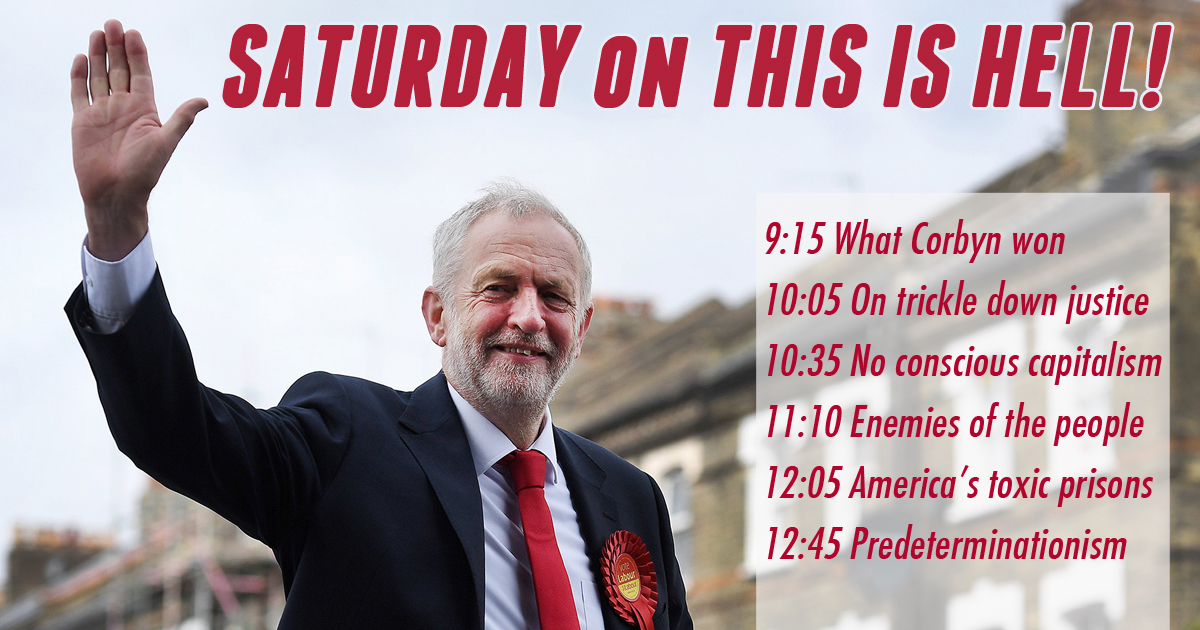How Green Was My Tally
Welcome to the Moment of Truth: the thirst that is the drink.
Starting about three thousand years ago, in old, old China, there was a tradition called the Tiger Tallies. Every general in charge of an army had a jade tiger figurine. It was pretty cute. The emperor had duplicate figurines, one for each general. When the emperor wanted to go to war, he had to meet with his generals and match up their figurines.
For 800 years this ritual went on. Then, in the mid-Second Century BCE, during the reign of the fifth Han Emperor, something changed. Han Wu Di wanted to go to war, but his paternal grandmother, The Grand Dowager Empress Dou, had the Tiger Tallies. And she didn't want Han to go to war. She was a Taoist and something of an isolationist and anti-imperialist, at least as much an anti- imperialist as someone calling herself Grand Dowager Empress could be.
Han Wu Di woke up one day and said, "Screw this. What's with this Tiger Tallies crap? I'm the Emperor, for Confucius' sakes. I'm going to order my generals to go to war, and no controlling old dowager with an egg-carton full of jade tiger figurines is going to stop me."
Thus ended the 800-year tradition of the Tiger Tallies. Not through trickery, not by coup, not by reasoned argument, not by ethical appeal, not by plebiscite. The guy in charge just decided not to honor it anymore, because it obstructed his desires.
And that's also how our democracy ended. One day the Republican party decided that the quaint tradition of pretending to consider the public good wasn't worth the hassle. It involved too much deception, and they realized the people they needed to deceive weren't such sharp tacks. The Constitutional rituals for the formation, consideration and passing of laws could remain in place, since it was a very useful way to coerce the aristocracy to share its money with the lawmakers. And the Democrats themselves weren't that enthusiastic about forcing the GOP to honor the quaint tradition. The legislative branch became like a repurposed shuffleboard court, one no longer used by people to play shuffleboard, but rather now completely monopolized by two gluttons sliding cheesecakes to each other, bargaining with the various aristocratic cheesecake bakeries for more and better cheesecake.
The GOP had witnessed what a pain in the ass it had been for Obama and the Democratic Congress of 2009/2010 to appease the people while... read more
